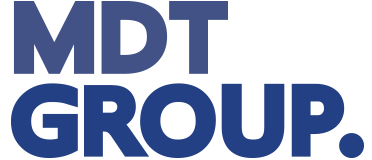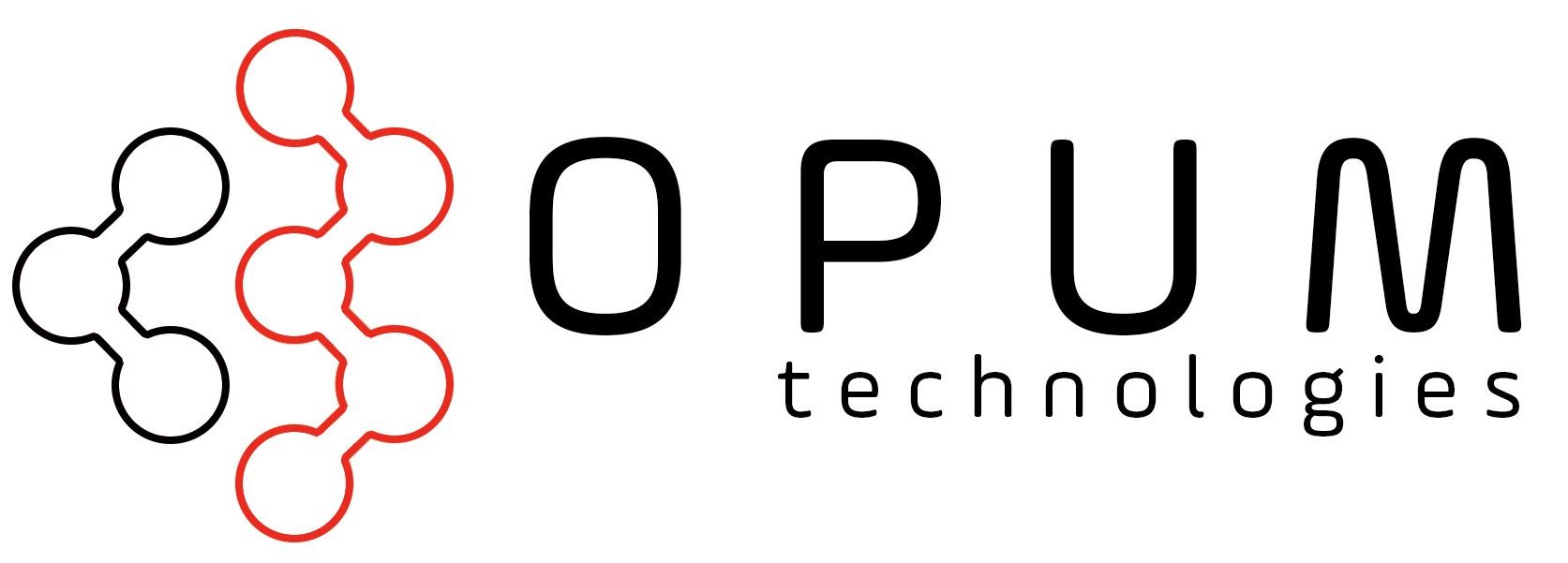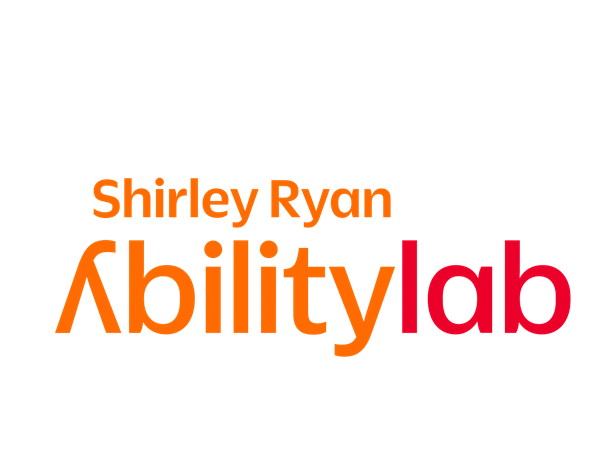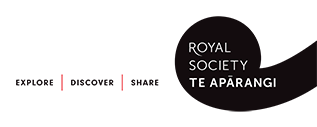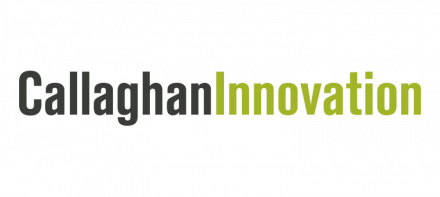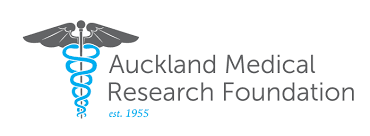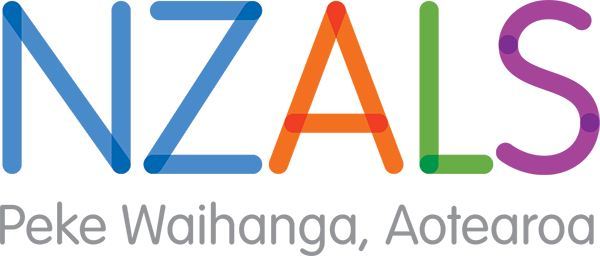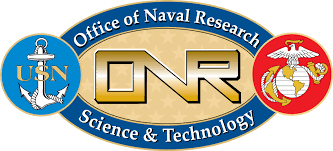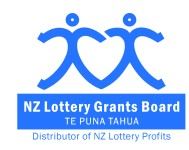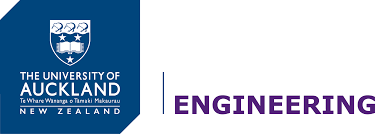Our Research
Lab Overview
In the Medical Devices and Technologies Research Group, we have a broad range of interests and skills. Our expertise includes smart materials, robot and exoskeleton design, biomechanical modelling, gait rehabilitation, neuro-prosthetics and clinical studies. Within our group, we have the capability to not only design novel technologies, but also validate them using state-of-the-art technology such as motion capture systems and high-density EMG.
We take on projects at every stage of their lifecycle, from conceptual design, to building, to testing with patients in hospitals. An extensive network of domestic and international collaborators enables us to share ideas and foster new innovation. We are always looking for new research opportunities so do get in touch if you are interested in working with us.
Lower Limb Rehabilitation
We work on a range of lower limb rehabilitation projects, from passive gait trainers through to motorised assistive devices. They are designed to restore lower limb function to people with neurological injuries, by mechanically guiding their limbs through gait cycles. The devices are validated in our motion capture laboratory with sub-millimetre position tracking and muscle activity monitoring. They are the subject of ongoing clinical studies at Auckland City Hospital. We also have other ongoing lower-limb projects involving ankle torque generation in paediatric cerebral palsy.
Current Researchers: Lukas Wiedemann, Kazuto Kora.
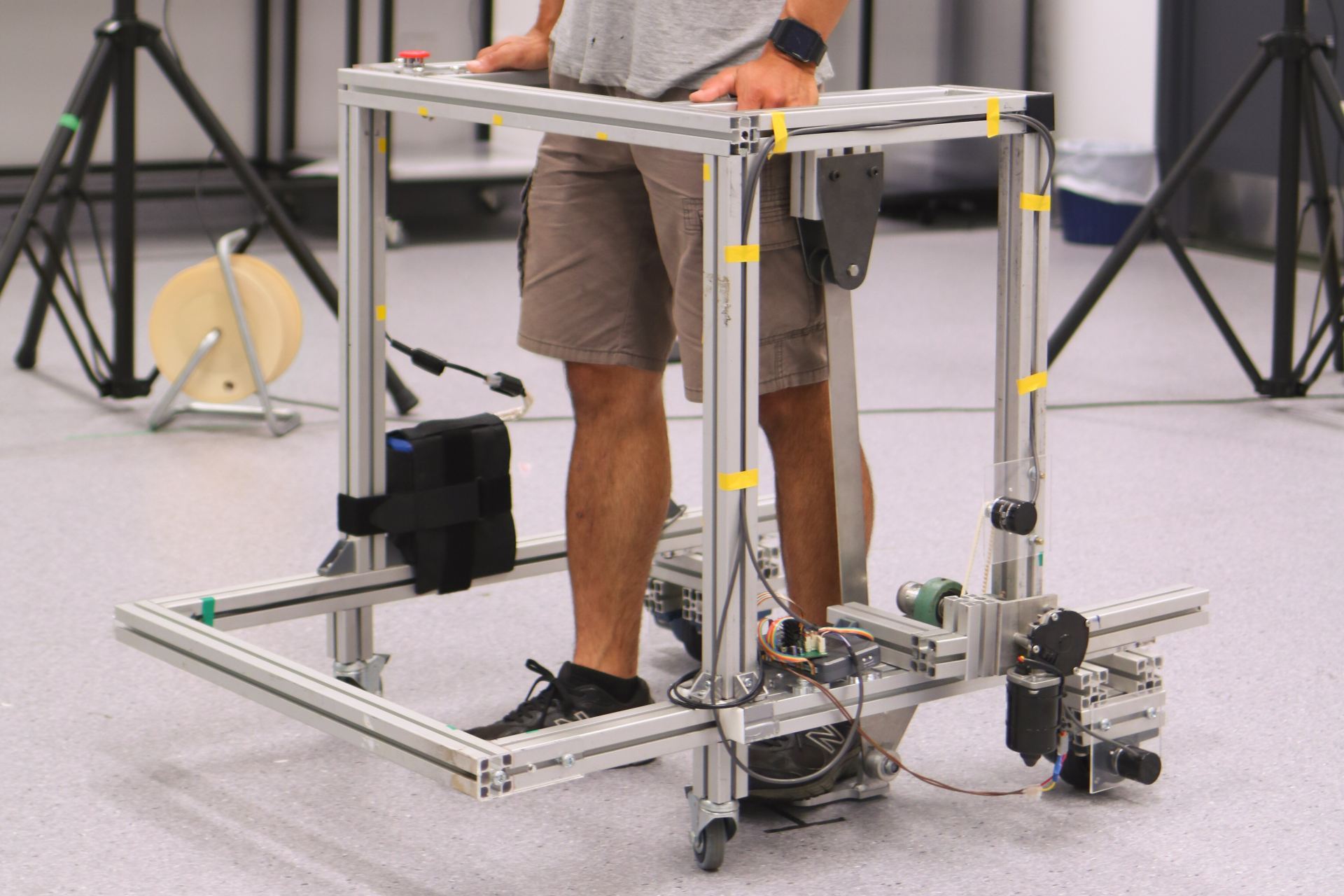
Upper Limb Exoskeleton Development
We have conducted both design-and-build research of exoskeletons and projects involving the use of these exoskeletons to explore fundamental physiological questions. Our current upper limb exoskeletons are designed to reduce cost and complexity for the user; a result we have achieved through our mechanical, electrical and control systems expertise. We are continually refining our robots with advanced mechatronics design and control systems. Examples of physiological topics we explore are muscle modelling, motor learning, spasticity assessment and the use of exoskeletons to assess the effects of Botox injections during the treatment of paediatric cerebral palsy.
Current Researchers: Lukas Wiedemann, Chris Jarrett, Camille Barizien.
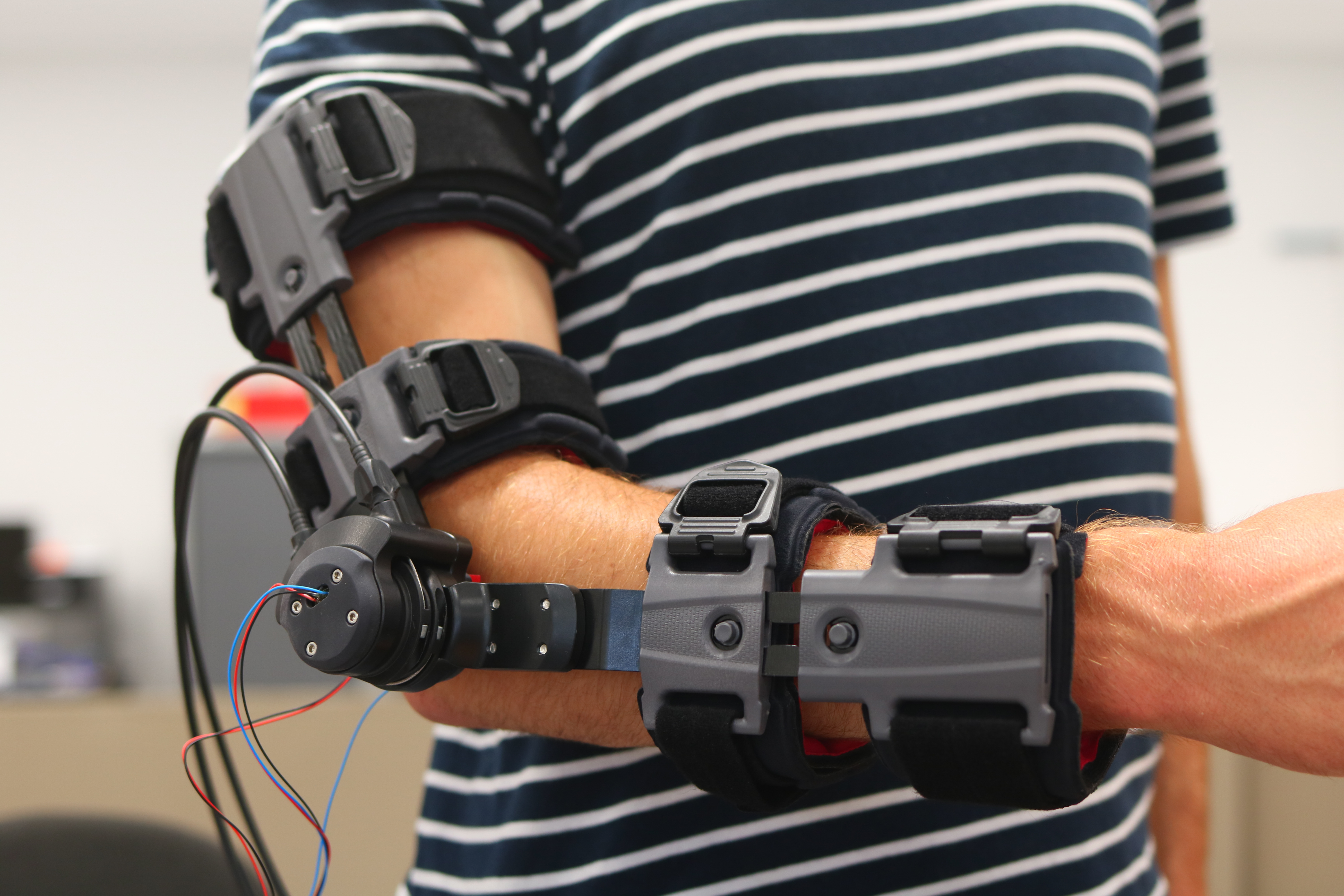
Smart Materials Research
In the Medical Devices and Technologies Group, we use smart materials as a basis for a variety of intelligent devices, including prosthetics, micromanipulators, micropumps and a variety of robotic systems. In collaboration with the US Office of Naval Research, we have begun to explore the possibility of ‘smart skins’ to administer drug therapy. Other projects have seen smart materials used to construct artificial organs, which could one day replace traditional implants.
Current Researchers: Vinura Jayaneththi, Harish Deveraj.
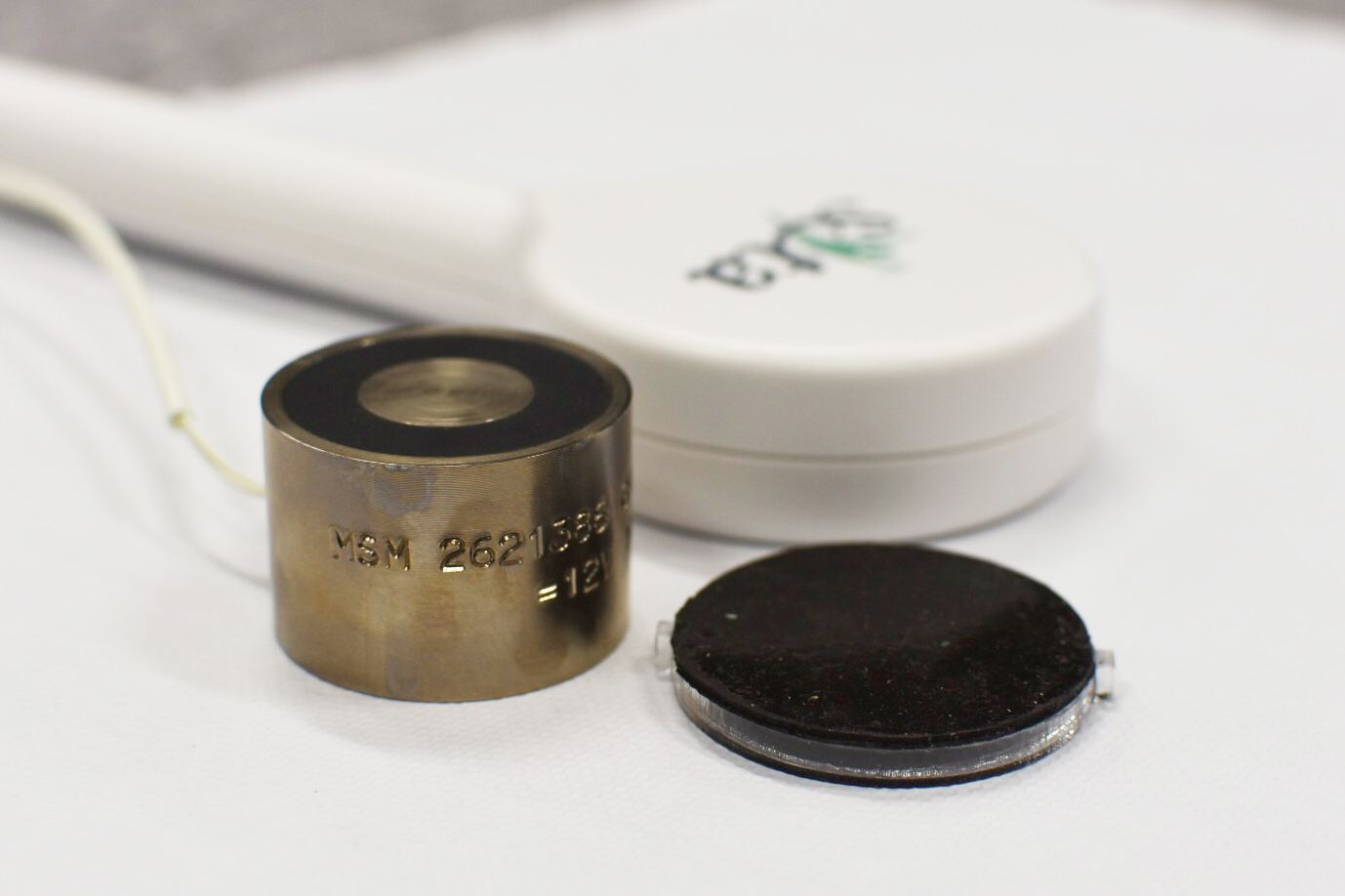
Electrophysiology
We have a variety of on-going projects involving electrophysiology which aim to treat physical and neurological disorders. At a fundamental level, we study the science of nerve-imaging, which could form an integral part of the sensor feedback in smart prosthetics. Research into Functional Electrical Stimulation enables us to design wearable prosthetics that generate complex limb function in patients with spinal cord injury, by leveraging muscle synergies. Our work on technologies which record bioelectric activity involves EEG, EMG and ENG. We use these to improve control of prosthetics and provide physiological insight into muscle properties.
Current Researchers: James Hope, Yongje Kwon, Narrendar RaviChandran, Lukas Wiedemann.
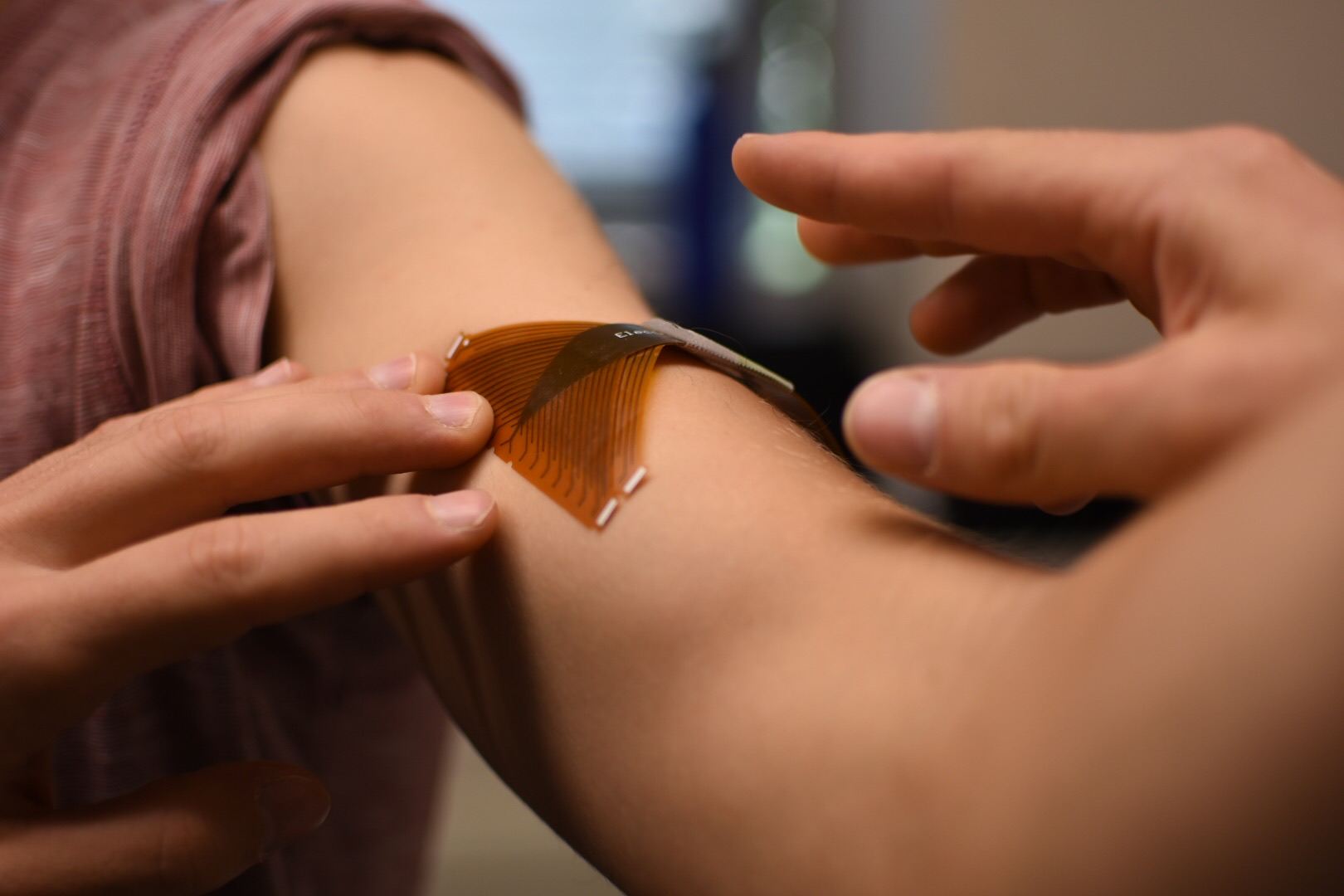
Injury Prevention
In addition to our research aimed at rehabilitation, we also have projects focused on the prevention of injuries. Using a manifold approach to motor learning, our researchers can teach athletes to perform movements in such a way as to minimise their risk of injury. This is aided by the use of novel augmented feedback techniques. The work in this area draws on a combination of fields including motor learning, physiology and sports science.
Current Researchers: Victoria Neilson.
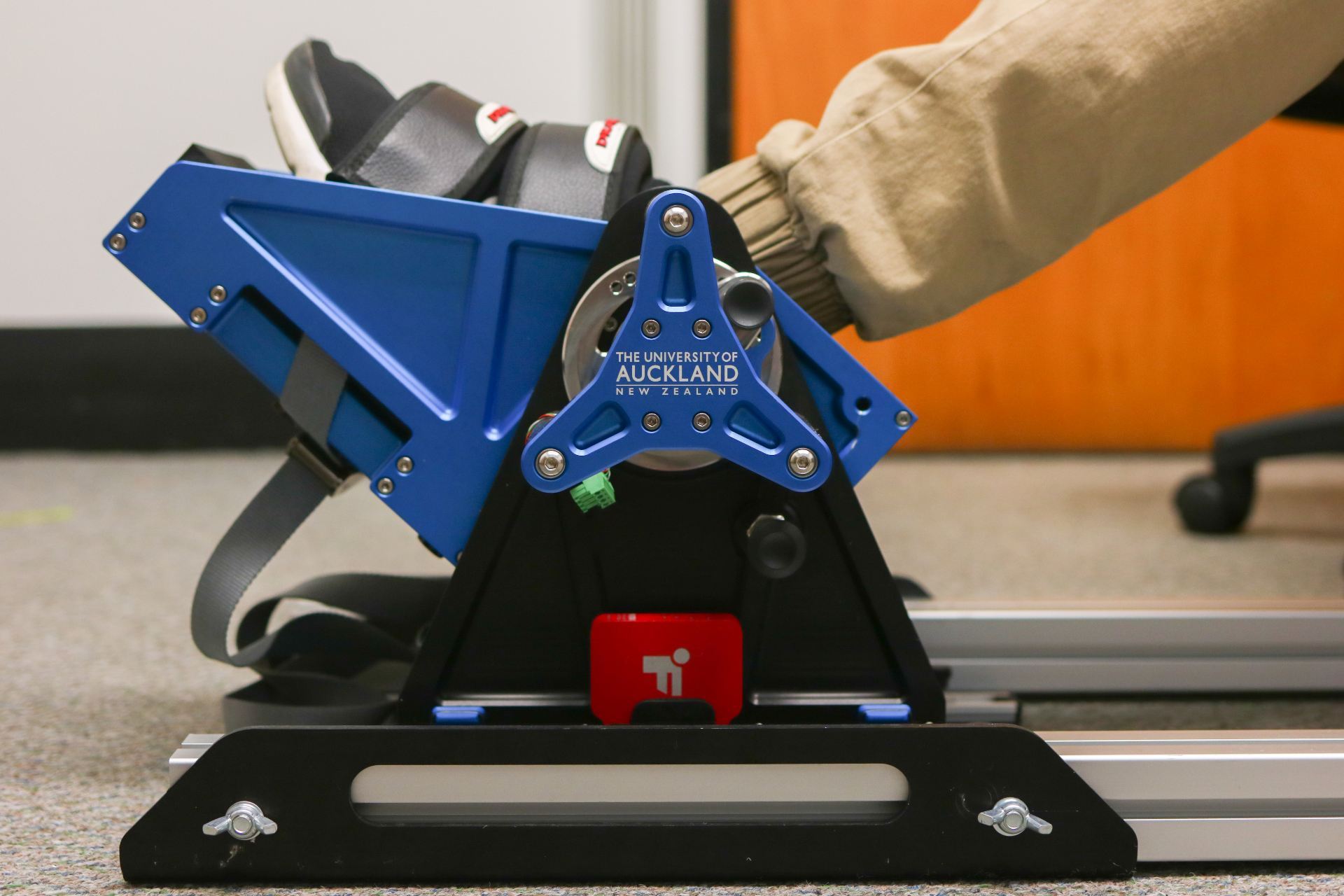
Research in association with partners and funders:
